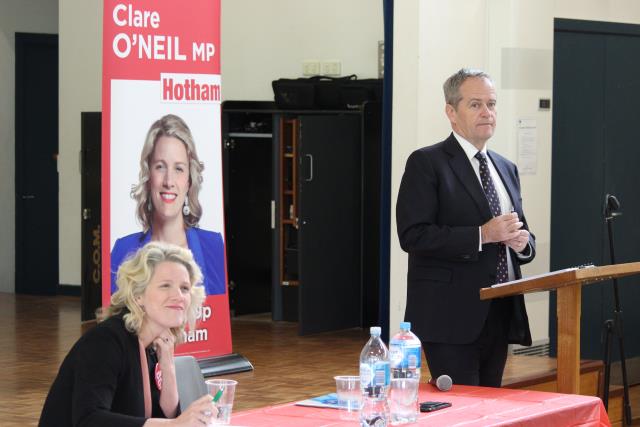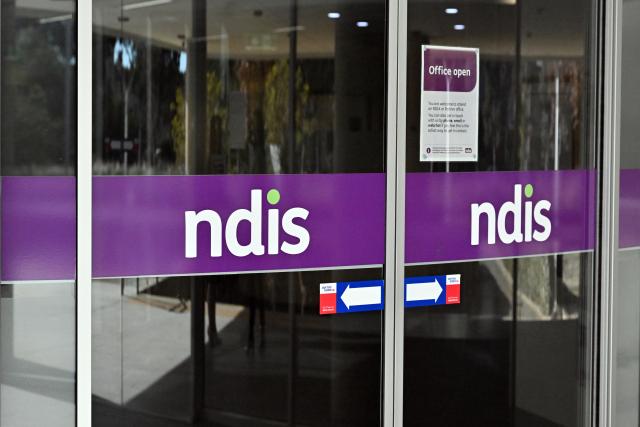
Mums, dads and carers can breathe a sigh of relief, after NDIS minister Bill Shorten assured them the scheme is here to stay.
His statement comes after the architect of the insurance scheme labelled it as a “magic pudding” with many service providers treating it as an endless resource.
“We must stop thinking of the NDIS as though it is a limitless magic pudding,” said Professor Bonyhady, who is leading a review of the scheme that is due to report in October.
The NDIS cost $35 billion in the past financial year and is on track to exceed $50 billion by 2025/26, overtaking the annual cost of Medicare.
The government has pledged to rein in spending growth of the scheme to eight per cent by July 2026.
NDIS Minister Bill Shorten reaffirmed the government’s commitment to the scheme in an address to the summit.
“It is here to stay and it will become more sustainable so that future generations can benefit from the scheme,” he said.
“The eight per cent target is not a cap, but a target to curb growth. The NDIS will remain demand driven.”
Earlier he told Nine’s Today Show he wanted to make sure every dollar got to the people who needed it.
“I want to reassure all the mums and dads who have got their kids on the NDIS getting ready for special school this morning, the scheme is here to stay,” he said.
Mr Shorten said reforms were being carried out to ensure money involved in the scheme was not being wasted, with measures already starting.
Melbourne mum Zoe* said without the NDIS funding made available to her family through early intervention, they simply couldn’t afford to pay for the support her daughter so desperately needs.
She said crippling anxiety and other issues only came to light when her five-year-old started school this year, and there was a mad rush to get some funding before she turned six.
If a child applies before they are six years old, they do not need an official diagnosis of autism, or similar.
But after numerous meetings with their NDIS support worker, as well as psychologist and occupational therapist, her daughter was diagnosed with a developmental delay.
“While we were waiting for our application to be approved, which was actually seamless, we were paying more than $1300 a month to see a psychologist fortnightly and a OT weekly,” she said.
“With rising interest rates and the cost of living – without being able to access the NDIS funding it would be really tough for us financially.”
She said she understood the need to ensure money wasn’t being wasted – but felt it was important to provide intervention for kids early, in the hope they wouldn’t need support later in life.
– with AAP










